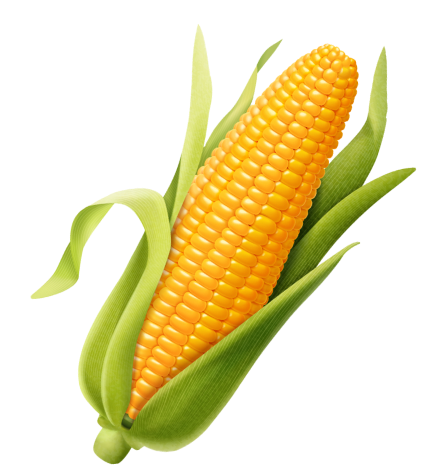Roundup Ready Soybeans
Should You Use Roundup Ready Soybeans?
Over the years, you’ve probably invested in any different types of soybeans. And you’ve also had to try out different pesticide and herbicide options to keep your crops safe. However, have you ever tried Roundup ready soybeans? This option has become increasingly popular over the years and could help to protect your crops from many types of problems.
The Nature of Roundup Soybeans
Roundup ready soybeans are those that have been treated and genetically-altered to make them more resistant to Roundup pesticides. This application has become a popular one for many different seeds due to the prevalence of this particular pest control chemicals. A large number of farmers are turning to these beans as a way of protecting their crops and keeping them safe from damage.
For example, farmers could now safely spray more herbicide on their beans to protect them from a variety of different pests. This meant that they could do so without worrying about the potential for severe damage. In the past, Roundup and other herbicides had to be used more carefully because they always had the risk of seriously hurting or even killing many types of crops.
However, geneticists for herbicide companies found ways to increase bean resistance in a way that doesn’t otherwise affect their growth. For example, you can typically grow these beans without noticing any significant differences between them and others. Even better, the taste is about the same, which means that your profits aren’t likely to be affected. How else did this affect soybean growth, though?
The Effect on Pesticide Use
How did farmers react when Roundup ready soybeans were presented? They started to use higher volumes of glyphosate, the primary chemical used in Roundup. The use of this chemical increased from 0.69 pounds per acre in 1996 to 1.36 pounds in 2006. That is an increase of nearly 10 percent every year. One-time application rates also rose 27 percent across the farming community.
The only problem noted with this increase was a higher level of resistant weeds throughout these communities. The use of herbicides almost always causes this reaction because resistant plants survive and take the place of those with no tolerance. Therefore, farmers had to increase their use of this pesticide to take out those weeds that were resistant and eradicate them.
Weeds that resist glyphosate include giant ragweed and common ragweed. Palmer amaranth and common waterhemp also resist this chemical but at weaker levels. The big issue here is that weeds like palmer amaranth can produce half a million seeds – which have spread to over 20 different states in the last few years. Does this mean that these soybeans were a failure?
Should You Still Try Roundup Soybeans?
Though an increase in weeds has been noted in some areas, the vast majority of farmers end up with far fewer seeds on their soybean farms. That’s because new types of Roundup ready soybeans are produced nearly every year. These beans are adjusted to make them more tolerant of these chemicals, which allows researchers to come up with even more potent and better herbicides.
Even better, these same scientists are working to create treatments that can destroy these resistant weeds. The fight is one that doesn’t end with one treatment of Roundup. Instead, farmers and researchers must continually seek out new ways of protecting crops and creating better soybean yields. This work must be continuously tweaked to produce the results that you deserve for your plants.
Even better, many of these soybeans are designed to counteract the potentially harmful yield effect caused by using these chemical treatments. As a result, you will have relatively high numbers of soybeans nearly every year that you harvest. Make sure to pay attention to the news to learn more about these potential beans. Before you plant, though, you must know what to expect from these beans.
Do These Beans Require Alternate Planting Methods?
Roundup ready soybeans are not significantly different in design than conventional beans. They are just more resistant to various types of chemicals and herbicides. They must be handled with the same care, planted at the same time, and get the same types of nutrients and water. And if you were to see them with non-Roundup beans, you wouldn’t be able to tell the difference between them at all.
Therefore, you can plant these beans with your healthy soy harvest without difficulty. This benefit is significant for farmers who want to focus on high-quality food and an excellent yield without worrying about extra work. Instead of waiting for special beans to grow or treating them with unique planting methods, you can add these beans to your normal cycle and get great results.
Contact Us to Try Out Great Beans
If you want Roundup ready soybeans, please contact us at Online Seed Sales right away to learn more. Our experts know all about these beans and can help you find the seeds that work for your needs. Reach out to us and we can teach you more about how to use them for your farm.


